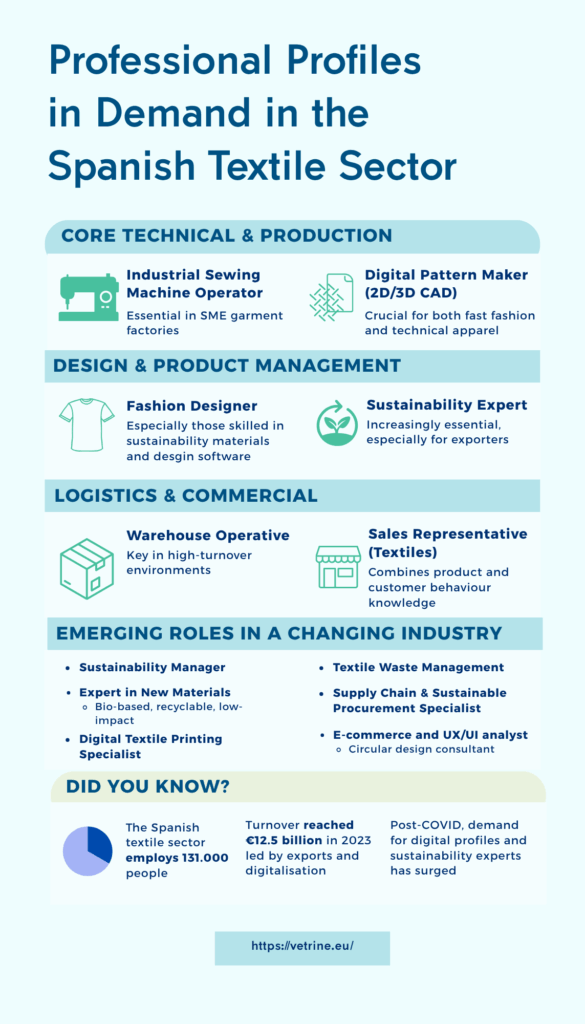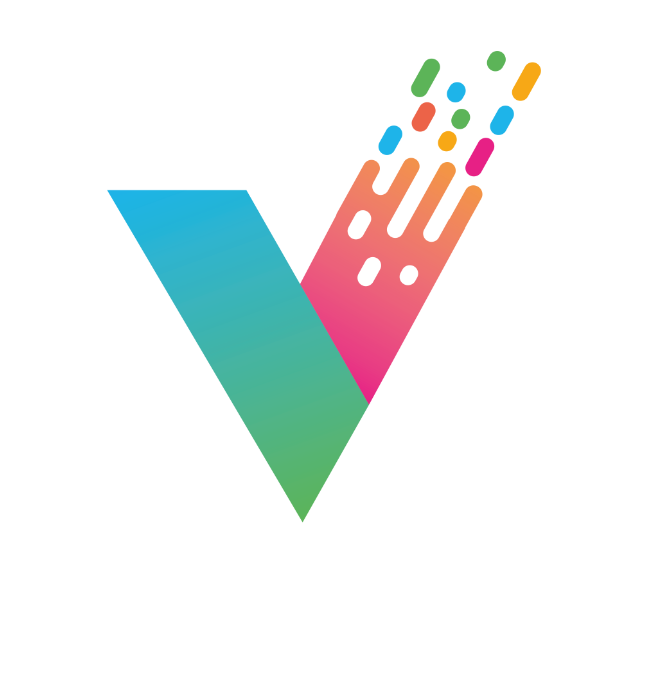
What is needed to attract and empower the next generation of textile and clothing producers in Spain?
The European textile industry is undergoing a fundamental transformation. As technological innovation and sustainability reshape production and business models, companies face an urgent need to renew and strengthen their workforce. This shift creates a promising context for younger generations to engage in an industry that is both future-oriented and socially impactful.

Spain’s textile sector, which contributes nearly 3% of national GDP and employs over 130,000 people, exemplifies the broader European trend: the transition from traditional methods to high-performance, sustainable production models. To remain competitive, companies must incorporate digital technologies, circular economy principles, and eco-design expertise. This evolution requires new professional profiles, such as sustainability managers, digital pattern makers, data analysts, and textile engineers specialised in recycled and bio-based materials.
However, a significant challenge persists. Many companies, particularly SMEs, are facing labour shortages in key areas, including production, design, and logistics. At the same time, recent graduates often report a mismatch between academic training and industry needs. Curricula frequently lack practical components, such as access to modern laboratories, internships, or updated training in tools like CAD or 3D design software—especially relevant as many small and medium-sized enterprises have yet to fully adopt these technologies. As a result, students feel underprepared for real-world innovation and sustainability challenges.
Bridging this gap calls for a systemic response. Public and private stakeholders must collaborate to improve access to vocational and higher education aligned with the evolving needs of the textile industry. Initiatives like the EU-funded VETRINE project—where Texfor is an active partner—are essential to this effort. By strengthening regional innovation hubs, promoting work-based learning, and developing dual training programmes, these collaborations help ensure that young talent is equipped with the technical and transversal skills required by today’s textile companies.
Beyond technical proficiency, younger professionals seek work environments that reflect their values. Surveys indicate that students prioritise companies with strong commitments to sustainability, ethical practices, and professional development opportunities. They value being treated as respected contributors from the start of their careers and appreciate access to training, mentorship, and creative projects that influence product development or sustainability strategy.
The industry must respond to these expectations not only to attract new talent but also to ensure its retention and development. Investing in skills acceleration teams, launching mentorship programmes, and fostering a collaborative workplace culture are key steps to integrate new professionals and ensure knowledge transfer across generations.
In short, the textile sector offers meaningful career opportunities for young people across Europe, anchored in creativity, technological innovation and sustainability. By aligning education, training, and workplace values, the industry can cultivate a skilled, motivated, and resilient workforce. This transformation is not only a necessity but also a chance to redefine the future of textiles as a driver of inclusive growth and sustainable development.


